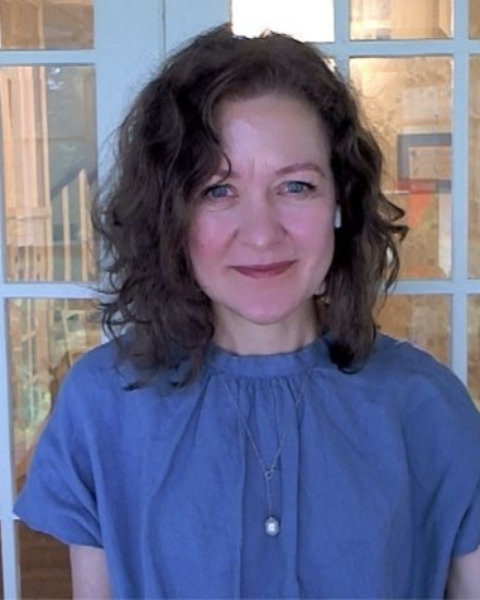Panel
Recasting the story of accountability. Who’s in the lead role? Who’s a supporting actor? (Spoiler: it should be completely different to how it typically is.)
Pulling up the floorboards and reshaping evaluation and accountability
Thursday, October 12, 2023
11:30 AM - 12:30 PM ET

Rhonda Schlangen, MA (she/her/hers)
Learning and Evaluation Consultant
Rhonda Schlangen Consulting, LLC
West Pawlet, Vermont, United States
Presenter(s)
In traditional funding relationships, foundations hold the levers of power – and the ability to direct others’ efforts in specific directions – because the relationship depends on grantees reporting against objectives. In Pulling up the Floorboards: Reshaping accountability and evaluation in an era of core costs grantmaking we argue for evaluating effectiveness using a new accountability model. In this presentation, the authors will discuss the opportunity created by general operating support and other efforts to institutionalize more trust-based relations between funders and the groups they support to fundamentally rethink accountability and effectiveness. For example, without the terms of restricted funding as a tenet of control, foundations instead have a greater responsibility to frontload effort towards finding the right organizations in the first place, which can then be backed with confidence and without strings attached. We will share a new, asymmetrical accountability model and evaluation measures that illustrate this reconfiguration. Conventionally, the holder of funding confers the power to define effectiveness from their specific perspectives. Accepting this means not giving attention to effectiveness as it might be understood and defined by those communities affected by an issue or state of affairs. Asymmetrical accountability means reorienting the definition of who should be accountable to whom, for what. The key question for foundations becomes, are we well enough placed to judge which organizations to fund? Meeting that criteria in turn requires that they are closely connected to the communities they seek to support.
